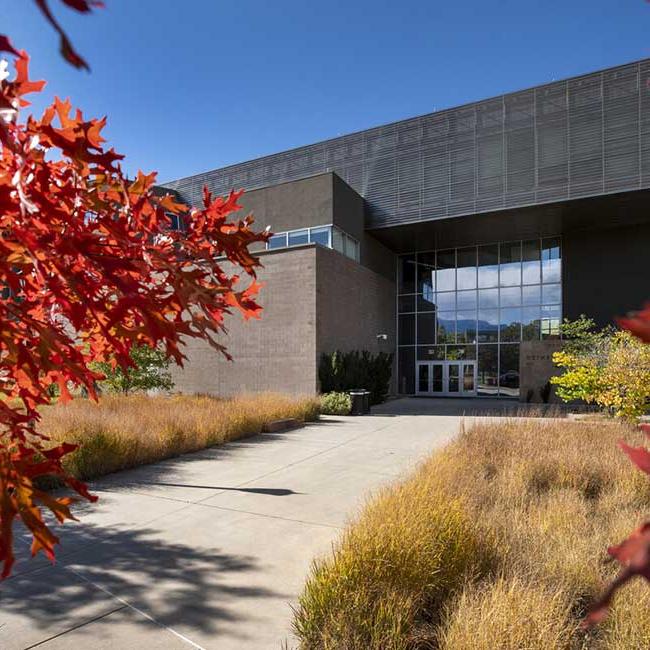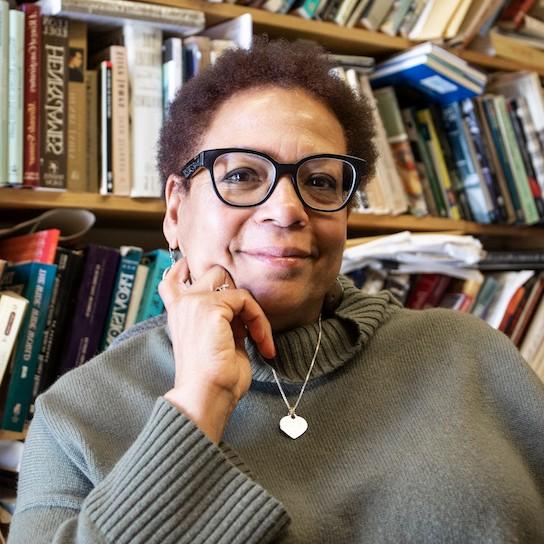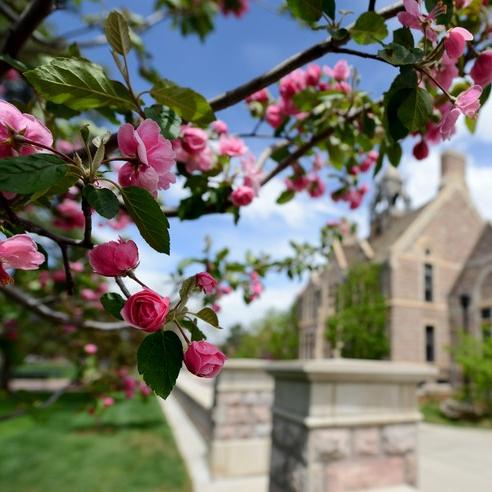Goal 1: Make diversity, equity and inclusion central to college leadership
Goal 1 Current Commitments:
- Create a campus committee to oversee the work
- Create a three-person diversity leadership team
The president and every member of the Cabinet are responsible for making diversity, equity, and inclusion a top priority. Each division will have measurable diversity, equity, and inclusion goals, and progress toward these goals will be included in Cabinet members’ annual evaluations. Rather than relying on one chief diversity officer to oversee the implementation of our antiracism plan, we will build the college’s capacity for inclusive excellence by
(1) creating a campus committee to oversee this work, and
(2) elevating the leadership of this work to a diverse three-person team, made up of members with expertise in equity, diversity, and inclusion.
One member of the team will focus on the academic program; one on students; and one on employees. The team will be dedicated to the college’s diversity and inclusion goals, lead strategic implementation, and keep antiracism front and center at the college. The team will introduce the antiracism framework to all incoming trustees, faculty, staff, and students, and develop understanding, accountability, structure, and opportunities for college community members to embrace and further the college’s antiracism initiative. These team members will work within their units and across the college.
They will be a primary resource for the college’s Diversity and Equity Advisory Board, working together and meeting regularly with the college president. They will have primary responsibility for the day-to-day implementation of the plan and ensuring that the campus committee has the information necessary to oversee this work. This three-person approach will improve efficacy and accountability in this work, allowing for greater reach and collaboration. The team, comprised of diverse candidates identified through national searches, will improve this evolving implementation plan and provide leadership to ensure that the plan is carried out. We hope to draw a robust pool of internal and external candidates.
The new senior associate dean of students/director of the Butler Center will be one member of this team, focused on antiracism, diversity, and inclusion in student life. This focus will alleviate the heavy workload carried by the Butler Center staff, vice president and dean of student life, and others, who have previously guided efforts collegewide. The position of assistant vice president/director of the Butler Center will be eliminated at the end of the 2019-20 academic year as we shift to this new student-focused structure, and the new position will report to the dean of students/vice president for student life. Under this new model, the Butler Center will focus on student support – as was its original intent – but also continue to work campus-wide via the collaborative leadership team.
A senior associate dean of the faculty for diversity, equity, and inclusion will focus on academics, working with faculty to examine and develop the curriculum, diversify the faculty, and improve the classroom experience. The new dean will be a member of the faculty, report to the dean of the faculty, oversee the Crown Faculty Center, and work closely with its director. The faculty completed a general education review and revision in May 2019 and adopted a new general education program and curricular requirements, with a central imperative to examine power, diversity, and inequality. The new dean will work with faculty as they transform the curriculum, teach a diverse student body, understand student demographics and classroom climate, and work to improve self-awareness around these issues.
A diversity and inclusion leader in Human Resources will manage these efforts as they relate to employees. In recent years, in addition to working with students, the Butler Center has worked in partnership with HR’s Excel at CC professional development program to facilitate educational opportunities for faculty and staff. The new diversity and inclusion manager in Human Resources, reporting to the associate vice president of human resources, will now lead this work with employees, providing foundational principles and practices; teaching about racism; cultivating an appreciation for equity, diversity, and inclusion; and helping employees champion antiracism. This new role also will inform search processes; work toward improving diversity and inclusion in staff recruiting, hiring, and retention; and respond to bias incidents in the workplace.
The Antiracism Plan Oversight Committee is charged with ensuring that the initiatives of the antiracism plan are being implemented and assessing the impact of these initiatives. The committee will provide an annual progress report to the Board of Trustees Executive Committee. The committee will include students, faculty, staff, and the president of the college. The CCSGA vice president of inclusion is an ex officio member, as are the staff and faculty co-chairs of the Diversity and Equity Advisory Board and the three-person leadership team (the chair will rotate among the team members). Other members will be appointed by CCSGA, Staff Council and the Faculty Executive Committee.
Parties accountable: President, Cabinet, and Extended Leadership Team, including associate vice president of human resources
Updates, August 2021:
- In June 2020, the college hired new leaders for senior associate dean for equity, inclusion, and faculty development and senior associate dean of students for diversity, equity, and inclusion/director of the Butler Center, and named an interim director of diversity, equity, and inclusion for staff.
- The work to transition the Butler Center has begun with the hire of the new senior associate dean of students/director of the Butler Center.
- A new assistant vice president of diversity, equity, and inclusion for staff and administrative operations was hired in August 2021.
- This associate vice president of human resources position no longer exists. The accountable party is now the senior vice president for finance and administration.









